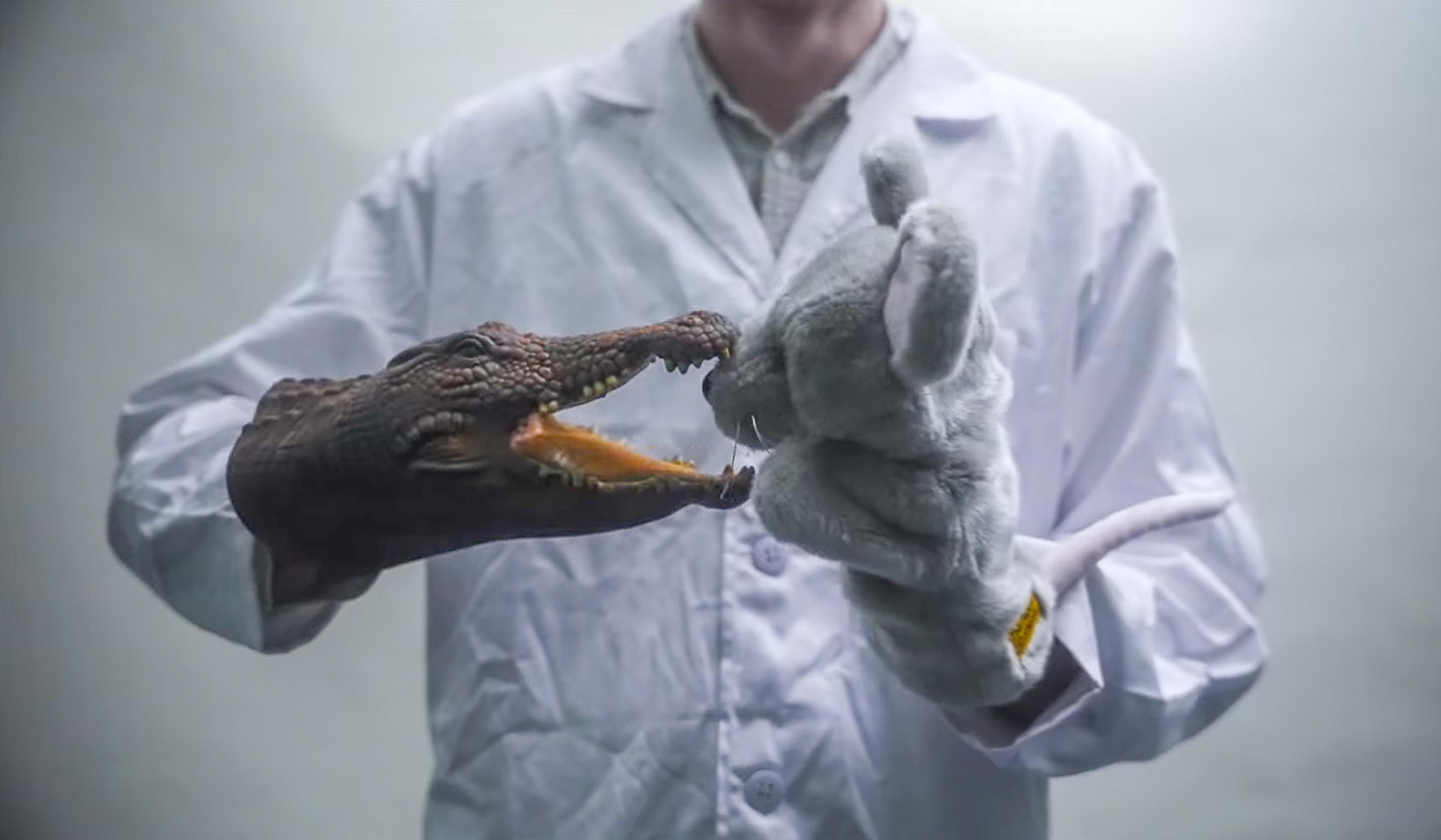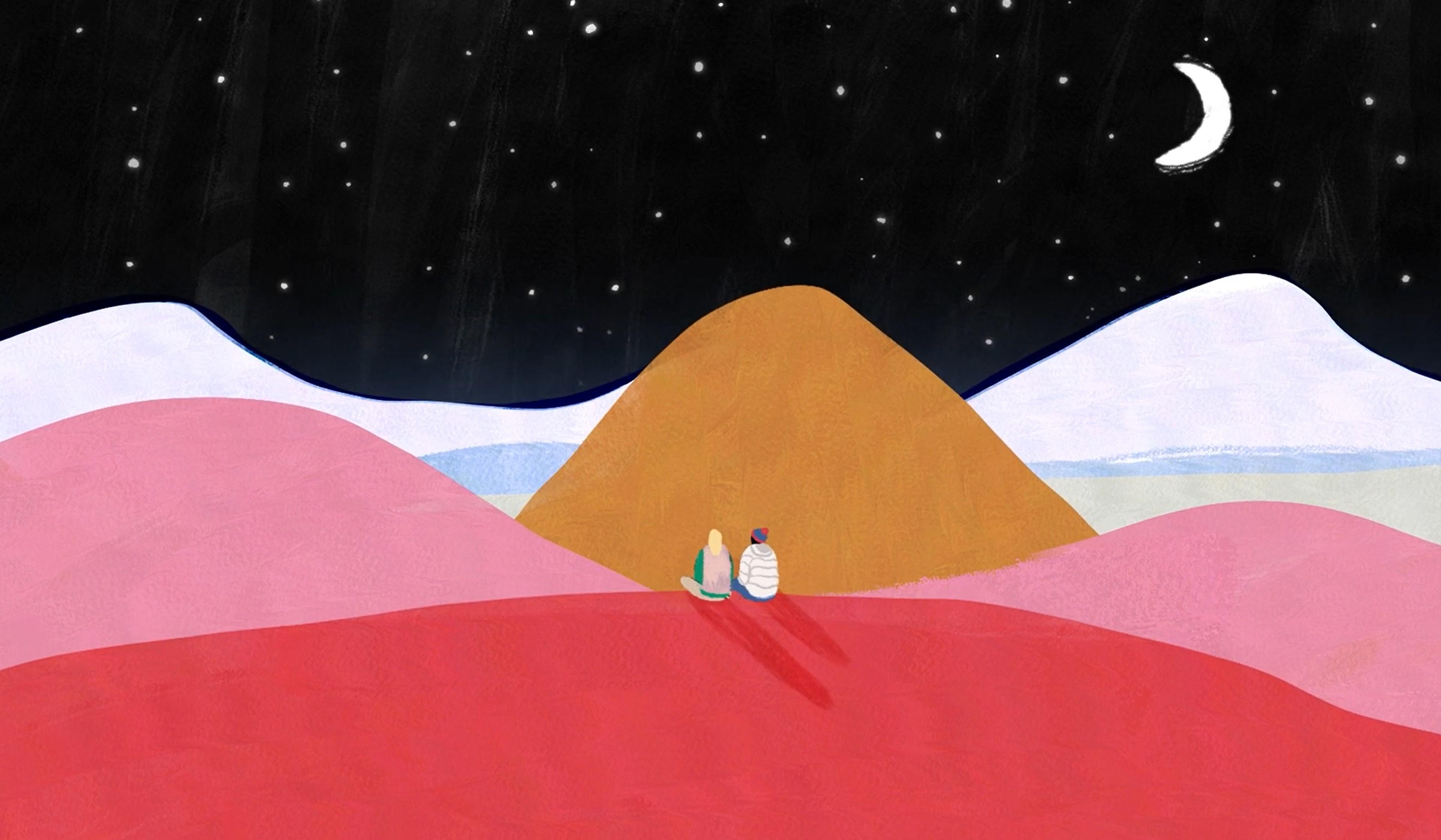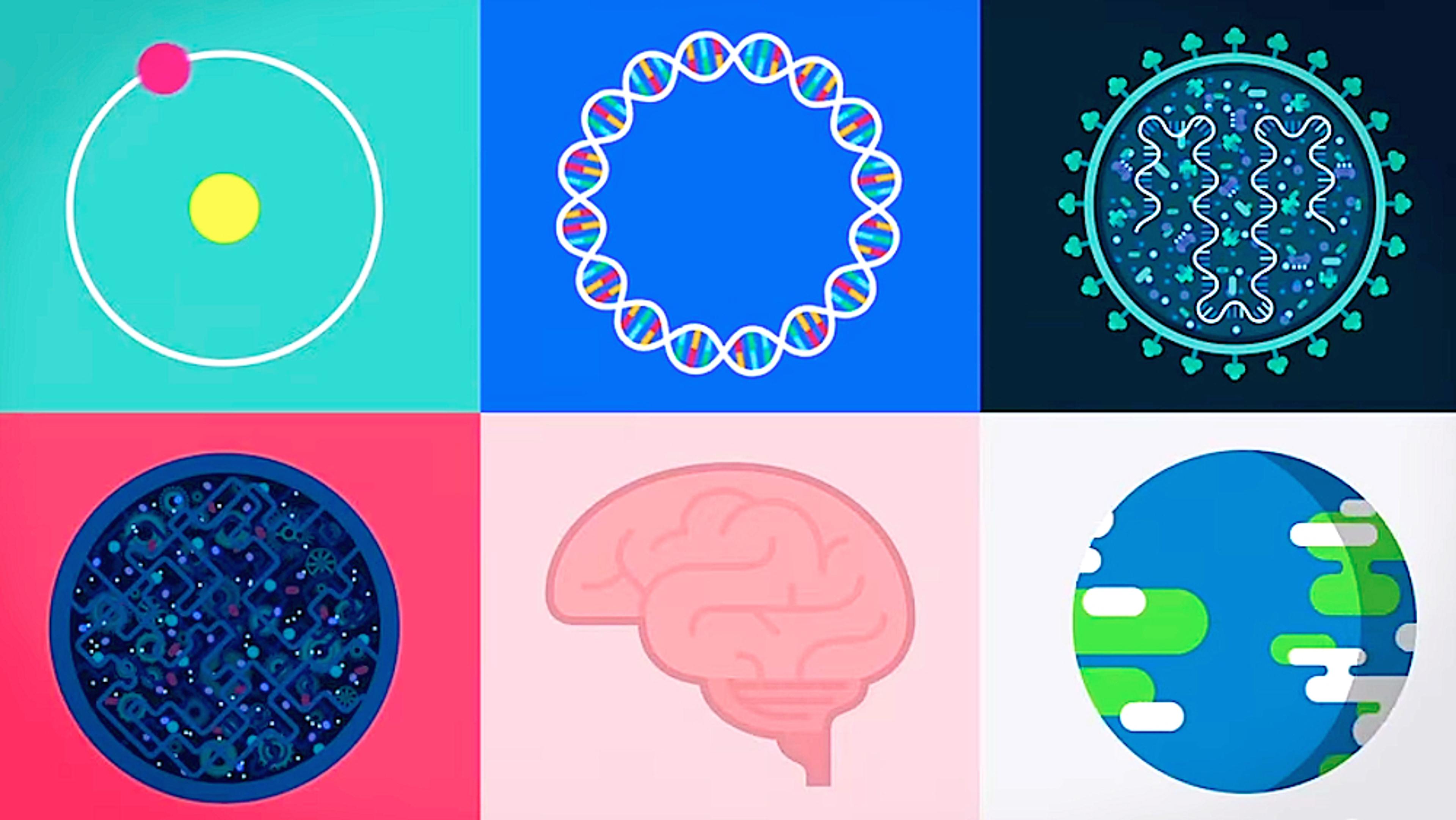Over the past several decades, scientists have began to better understand dying as a biological process – whether it happens over the course of weeks or appears to occur in an instant. In this short video, the UK filmmaker and presenter Max Tobin deploys a heavy dose of gallows humour to investigate a groundbreaking series of studies that may offer hints at what the stage between ‘clinical death’ (cessation of vital functions) and ‘brain death’ (cessation of brain activity) actually feels like. In particular, he looks at the biological and experiential similarities between ‘near-death experiences’ and taking the hallucinogenic drug DMT, in discussion with Chris Timmermann of the Psychedelic Research Group at Imperial College London, who led the research.
Death is a trip – how new research links near-death and DMT experiences
Video by BBC Reel
Writer and Presenter: Max Tobin

videoDeath
Even in modern secular societies, belief in an afterlife persists. Why?
9 minutes

videoAgeing and death
Demystifying death – a palliative care specialist’s practical guide to life’s end
4 minutes

videoBiology
An elegy for a dying microbe explores what we really mean by ‘death’
9 minutes

videoAgeing and death
We’re not the only animals that appear to grieve. What are the implications?
6 minutes

videoDeath
What separates life from death? The line is fuzzier than we might expect
6 minutes

videoNeuroscience
A portrait of depression through art and neuroscience using the head as a canvas
2 minutes

videoMeaning and the good life
Would immortality offer a curse of boredom or endless novelty?
6 minutes

videoTechnology and the self
At the Cryonics Institute, hope for the future is high, and death is put on ice
12 minutes

videoAgeing and death
When half of a couple that plans to live forever dies
12 minutes